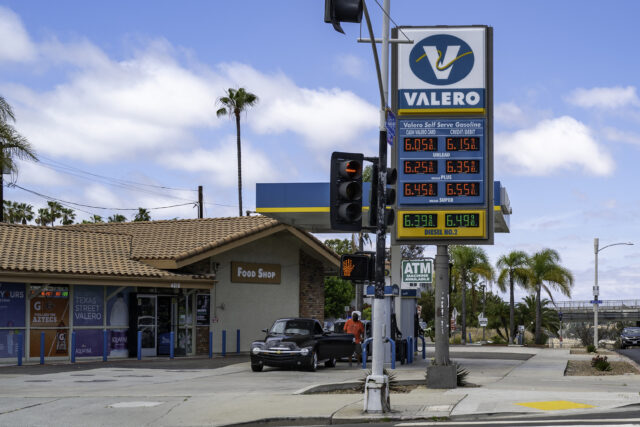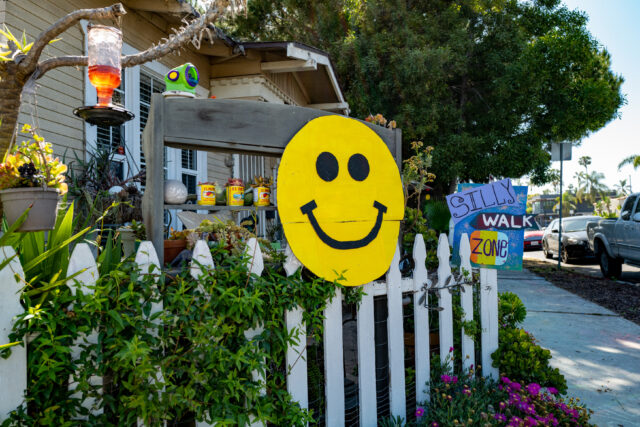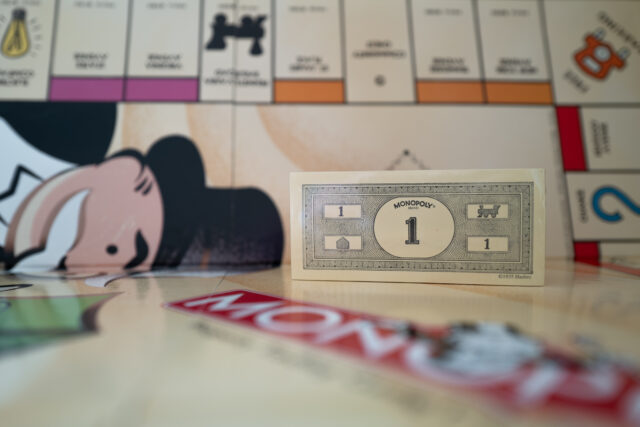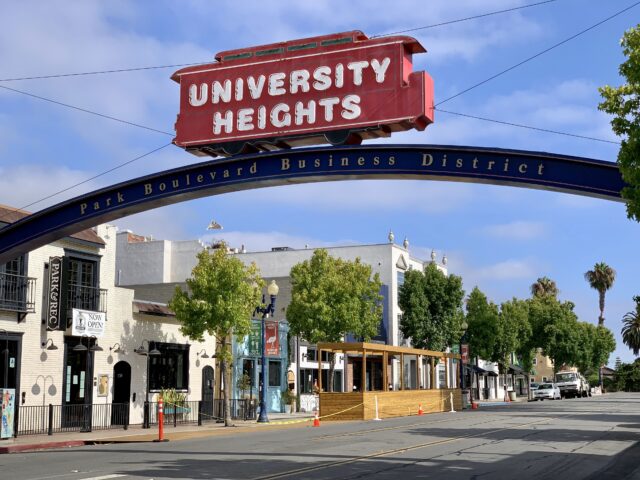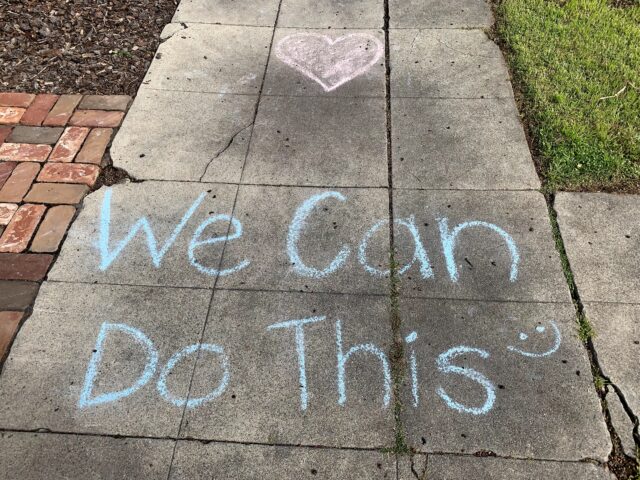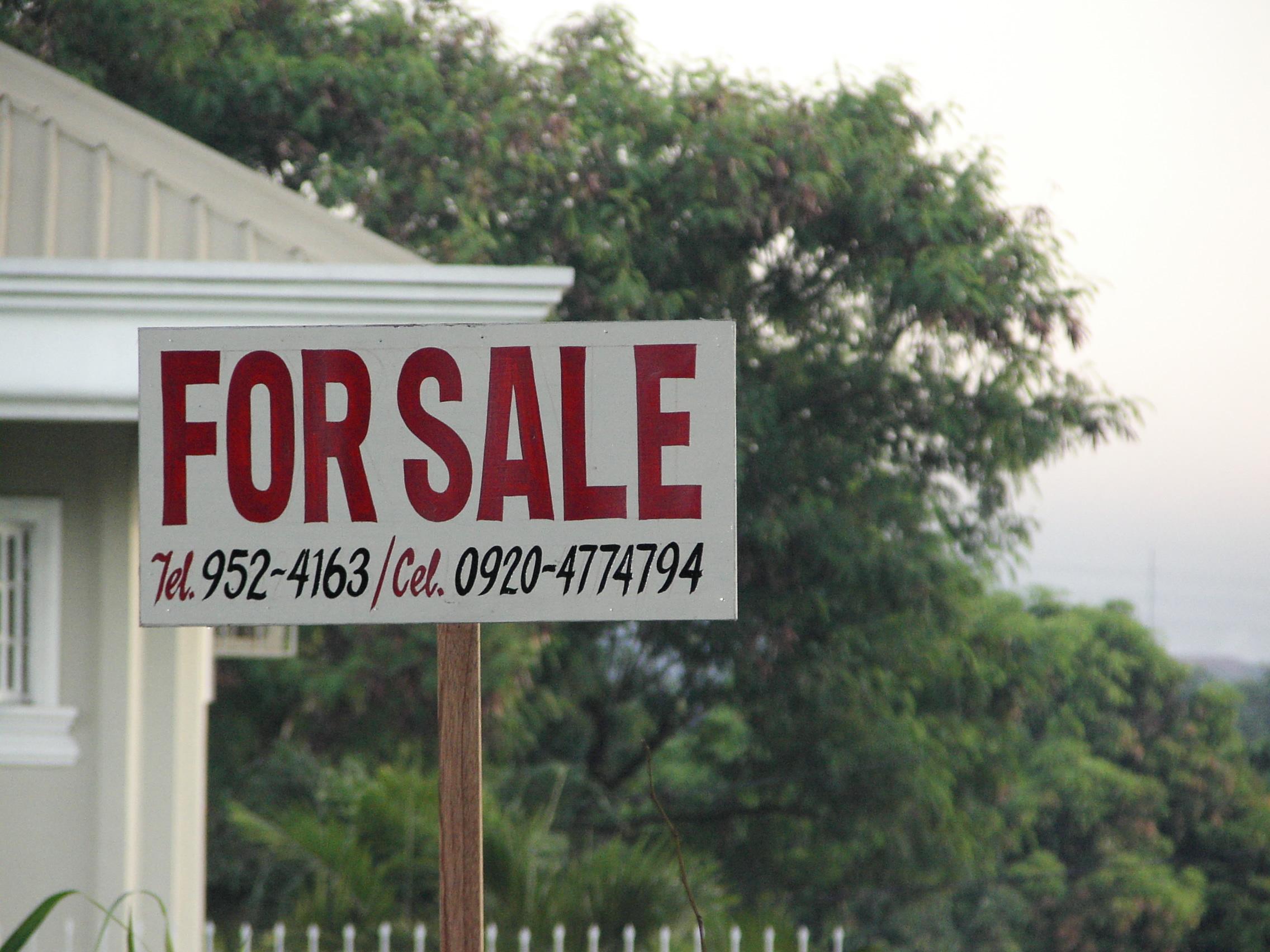If not today, you may soon. The sudden shakeup toppling several banks was long foreshadowed. Classic run ruined Silicon Valley Bank less than two weeks ago. Dominos fell. First Republic required $30 billion bailout to avoid similar fate. Regulators took over Signature Bank, which was besieged by cryptocurrency losses. Over the weekend, 166-year-old Credit Suisse agreed to be acquired by UBS, in a $3.2 stock swap that is a mere pittance.
Long before the SARS-CoV-2 (severe acute respiratory syndrome Coronavirus 2)/COVID-19 pandemic, I told my wife that too many companies, banks among them, had assumed too much debt during the long period of low interest rates. Wall Street Journal story “First Republic, SVB, Credit Suisse Show How Higher Interest Rates Caught Up With Banks“, dateline today, affirms my hypothesis and gives analysis you want to give some attention.


